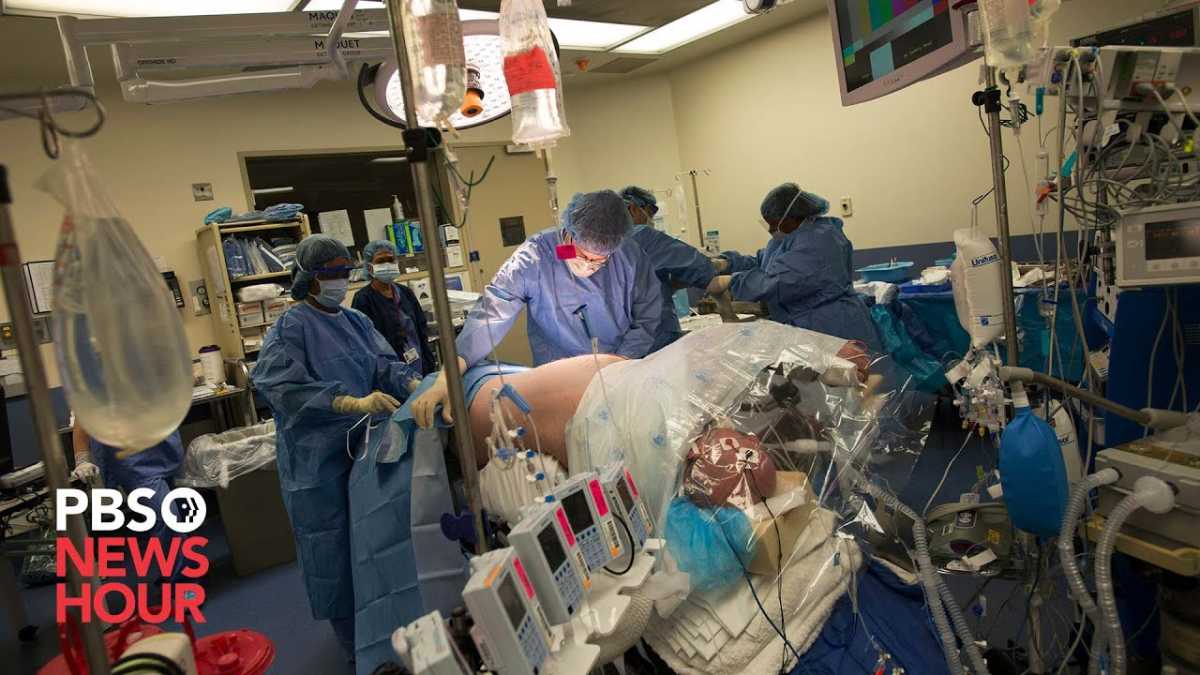Health
Bipartisan Bill to Overhaul Organ Transplant System Signed into Law by President Biden

Each day in the United States, 17 people die while waiting for an organ transplant, according to Donate Life America. However, a new ray of hope is on the horizon for those patiently awaiting a life-saving organ transplant. On September 22, President Biden signed into law the bipartisan bill known as the Organ Transplant System Act, aiming to overhaul the country’s organ transplant system.
“In the United States, we transplant kidneys, livers, hearts, lungs, pancreata, and intestines,” says a nephrologist at Nebraska Medicine. With over 140,000 people currently on the transplant list, kidneys are the most frequently needed organs, followed by livers. Kidney transplant candidates often spend years on dialysis, while those with complete liver failure struggle to survive without a transplant.
The passing of this bill seeks to increase competition among contractors, secure additional funding, and bring improvements to the Organ Procurement and Transplantation Network (OPTN). Karine Jean-Pierre, the White House press secretary, stated that the new law will break up the monopoly of single private nonprofits controlling the OPTN.
The OPTN has been managed solely by the United Network for Organ Sharing (UNOS) since 1987 through a contract with the Health Resources and Services Administration (HRSA). However, UNOS has faced criticism over the years for a “broken system” that resulted in long waits for organ transplants and avoidable deaths. Disparities in organ transplantation rates between white and Black patients have also been reported.
“There is evidence that people of color and those in lower socio-economic statuses are less likely to receive organ transplants,” explains the nephrologist. “Some of the reform measures aim to address these disparities and inefficiencies in the entire process, from managing organ donors to procurement and transportation scrutiny. Although organ loss during transport is rare, it has occurred.”
The proposed reforms include splitting the OPTN contract, which was originally designed for a smaller system, into multiple contracts to accommodate the exponential growth in the number of donors and patients needing organ transplants. The bidding process for new contracts by the HRSA intends to broaden eligibility criteria, remove unnecessary barriers, and enhance transparency, accountability, and oversight.
While deceased organ donation is more common, living organ donation for kidneys and livers can significantly reduce the waiting time for a transplant. Nebraska Medicine is a leading institution in performing successful kidney and liver transplants.












